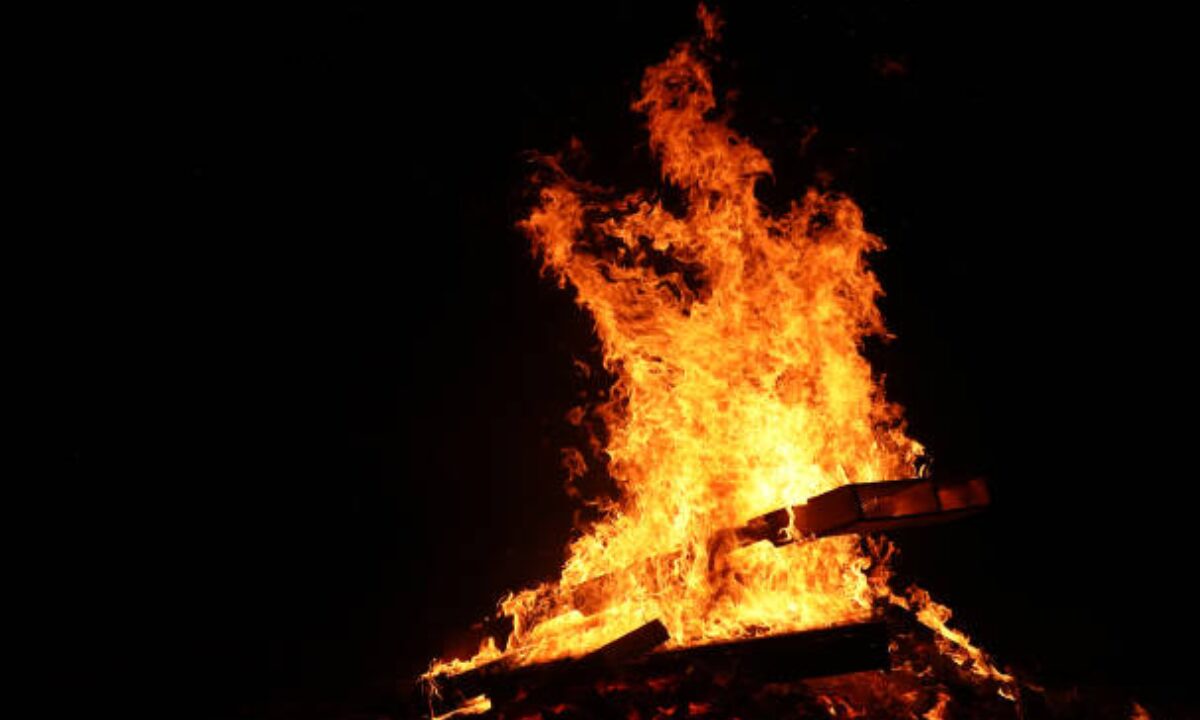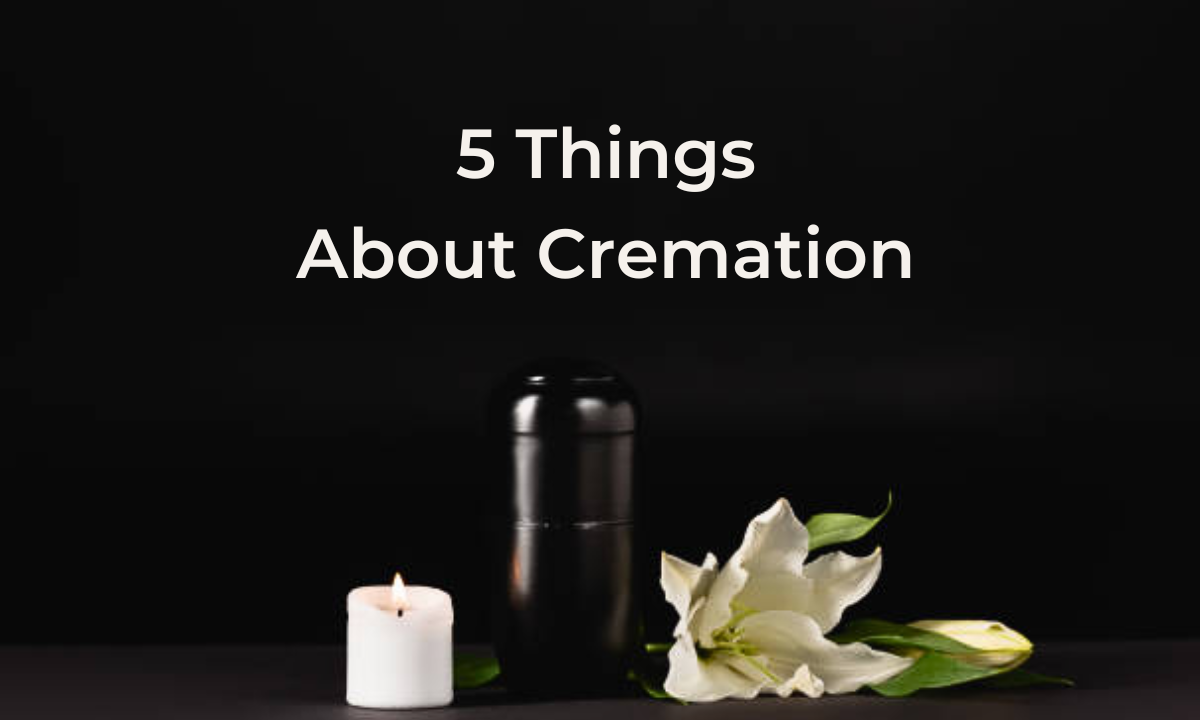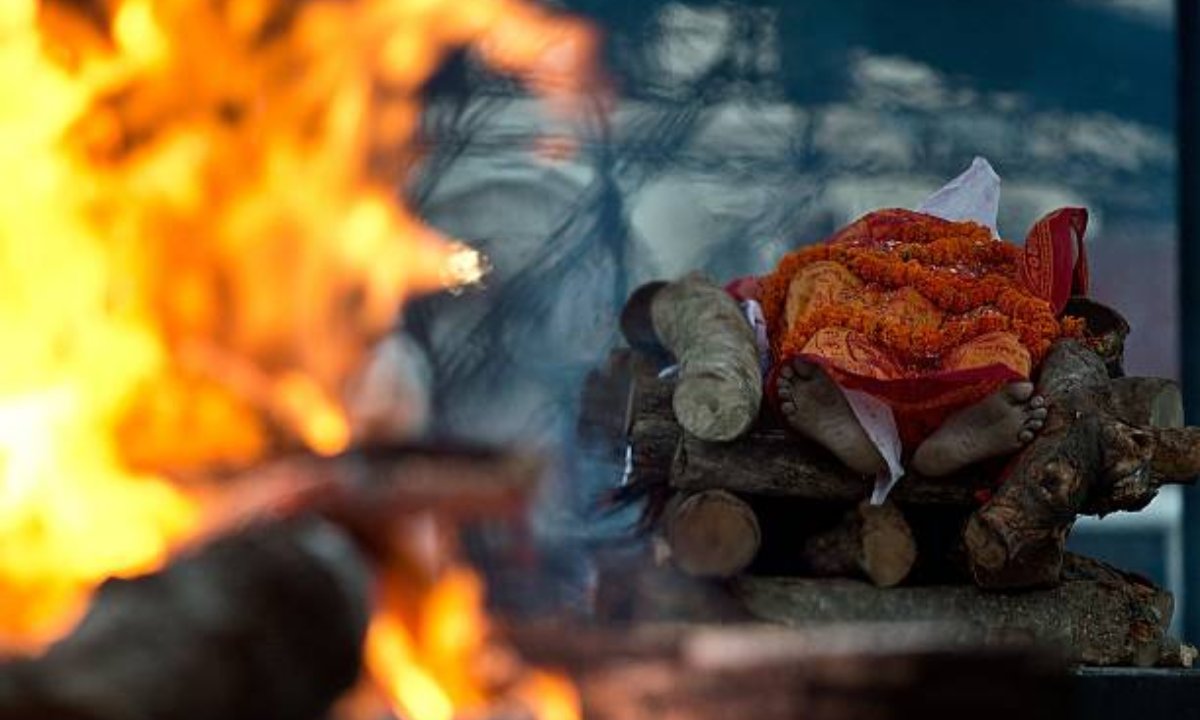Cremation is becoming a more popular end-of-life option, with many families choosing it for personal, environmental, and financial reasons. As more individuals prefer cremation services to traditional funerals, it is vital to understand the process and its significance. Whether you’re thinking about cremation for yourself or a loved one, understanding the process will help you make informed decisions that represent your personal preferences and values.
Cremation provides a practical and meaningful choice for people in India, particularly in cities such as Pune. Cremation services in Pune give families more freedom in creating monuments and making last arrangements, allowing for individualized rites that reflect cultural or spiritual values. Despite its growing popularity, many people may remain curious about cremation techniques. Understanding the fundamental cremation technique, the environmental impact, and accessible services can all assist in alleviating anxieties and ensuring that final wishes are carried out with dignity. Here are five things to know about cremation.
What is Cremation?

Cremation is a technique that uses high heat to convert a deceased person to ashes, providing a respectful and practical alternative to traditional burial. Unlike burial, which involves placing the body in the grave, cremation permits the remains, known as “ashes” or “cremains,” to be retained in an urn, buried, or scattered at a symbolic location. Families can choose how to honor their loved ones, with many opting to keep the ashes at home or disperse them in places of significance. Cremation has strong historical origins that span countries and religions across thousands of years, and it is still generally recognized today.
Cremation has grown in popularity in recent years, particularly in nations like India where end-of-life decisions are influenced by cultural, religious, and practical considerations. Cremation services in India provide families with a choice of alternatives, ranging from simple ceremonies to elaborate monuments, making it a flexible and meaningful way to pay homage to loved ones. Cremation continues to adapt, mixing ancient customs with modern demands, making it a popular choice in both urban and rural settings.
The Cremation Process
Understanding the cremation method can provide families with clarity and peace of mind when considering this option. Here’s a step-by-step breakdown.
Preparation: The funeral home gets the body ready for cremation. This may entail removing any medical items, such as pacemakers, that could cause a problem in the cremation chamber. If the family wants, the body might be embalmed for a viewing or memorial service before cremation.
Identification: To ensure that the correct body is burned, a thorough identification process is used. Metal tags bearing unique identification numbers are frequently used to verify that the correct remains are returned to the family.
Cremation: The body is placed in a cremation chamber, also known as a retort, and heated to temperatures ranging from 1,400 to 2,000 degrees Fahrenheit. Over two to three hours, the corpse is reduced to bone fragments, which are subsequently ground into ashes.
Ashes Collection: After cooling, the ashes are carefully collected and stored in a container. Families that use cremation services in Hyderabad might opt to store the remains in an urn, bury them, or scatter them in a prominent spot.
Advantages of Cremation
Cremation has significant advantages over traditional burial, making it an increasingly popular option for many families.
Cost-Effective: Cremation is often less expensive than traditional burial since it eliminates the need for a casket, monument, or burial plot. This low-cost technique relieves some of the financial constraints that families bear during an emotionally charged and traumatic time.
Flexibility in Memorialization: Cremation expands families’ options for memorial rituals. Some people choose to hold a ceremony immediately following the cremation, while others may wait until a more convenient time for family and friends to meet, resulting in a more personalized and meaningful tribute.
Space Conservation: As urban spaces become more limited, cremation offers an environmentally responsible option. Unlike traditional burial, which necessitates cemetery sites, ashes can be stored in small areas, scattered, or buried in predetermined locations, decreasing land consumption.
Portable Remains: Cremation has the advantage of portability. Families can easily move the ashes if they relocate or divide them among relatives, keeping their loved one’s memories close wherever they go.
The Environmental Impact of Cremation
While cremation is generally regarded as a more environmentally friendly alternative to traditional burial, it does have an impact on the environment. The method is based on fossil fuels, which release carbon dioxide and other pollutants into the environment, contributing to greenhouse gas emissions.
Bio-cremation (Alkaline Hydrolysis): Bio-cremation (also known as alkaline hydrolysis) is an emerging option. Instead of fire, this method uses water, pressure, and potassium hydroxide to decompose the body. It is seen as a more environmentally friendly alternative because it uses less energy and produces much fewer emissions than standard cremation.
Tree Burial and Ash Scattering: For those wishing to reduce their environmental effect, tree burial or ash scattering may be a realistic option. Families can scatter ashes in memorial woodlands or place them among trees in biodegradable urns. These initiatives contribute to the development of living memorials that benefit natural ecosystems, offering a greener approach to honor loved ones while simultaneously conserving the environment for future generations.
Cremation Myths Exposed
Cremation is often associated with misconceptions, which might lead to misunderstandings or doubt. Here are some common beliefs debunked:
Myth 1: Cremation violates religious beliefs.
While some religions, such as Judaism and Islam, have traditionally preferred burial, many others, like Hinduism and Buddhism, believe cremation is appropriate. Many Christian faiths now endorse cremation as well. It is vital to consult with your religious tradition about its attitude on cremation and to verify that your decisions are in line with your religious convictions.
Myth #2: The ashes are mixed with other bodies.
A typical issue is that ashes from many bodies may be mingled together. In truth, crematoriums follow precise identification standards to keep remains distinct. Most facilities follow strict procedures, including thorough cleaning of the cremation chamber between uses, to prevent ash mixing and ensure that each family receives their loved one’s remains.
Myth 3: Cremation equals no monument.
Contrary to widespread assumption, cremation precludes the option of a memorial. There are numerous ways to honor a loved one. Families might hold traditional ceremonies, viewings, or wakes before cremation, or they can plan a personalized memorial ceremony once the ashes have been returned. Others choose to make keepsakes or jewelry out of the ashes, paying meaningful and lasting tributes to their loved ones.
Conclusion
Cremation is a versatile, cost-effective alternative to traditional burial that is becoming increasingly popular due to its practical and personal benefits. Understanding the cremation process, assessing its merits, and debunking common misunderstandings can help families make informed decisions during a difficult time. Cremation, whether prompted by environmental concerns, religious convictions, or personal preference, is an important way to honor the deceased’s wishes while also providing solace to those who remain.
If you are thinking of cremation as part of your funeral plans, you should carefully explore your alternatives. Consulting with a professional, such as a funeral home or crematorium, can help ensure that your preferences are followed and that the procedure is handled carefully. Cremation services in Bangalore provide a variety of solutions to meet diverse needs and interests, making it easier to prepare a dignified and individualized farewell. Taking the time to talk about these options with your family and a reputable provider can help ensure a smooth and meaningful journey.
Beleiv assists dispossessed families with different administrations connected with incineration, like Funeral Services, documentation, and other necessities. Contact us today.




